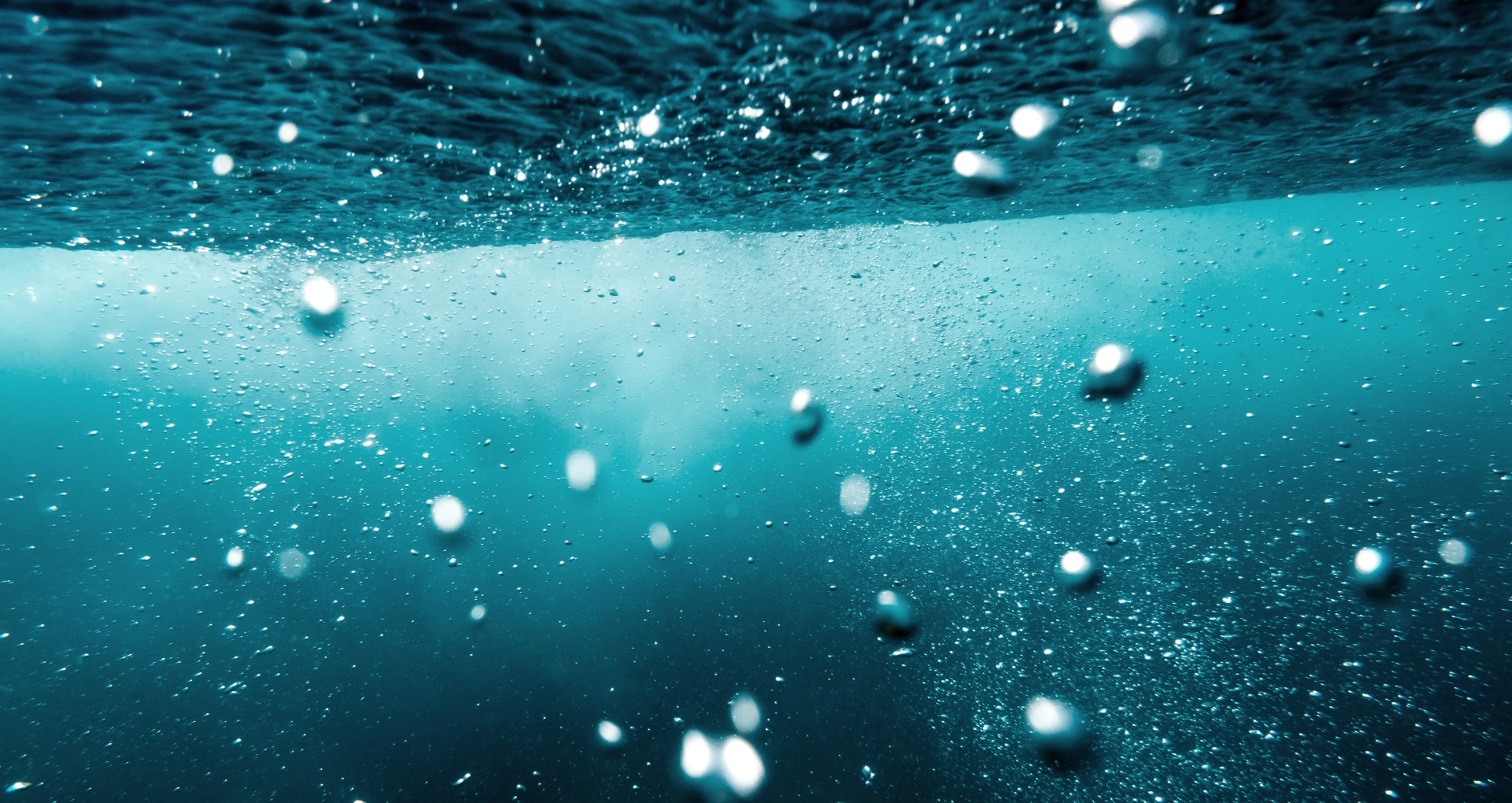GEORGE brings together 28 leading partners from academia and industry alike. Get to know the partners below.

Integrated Carbon Observation System- European Research Infrastructure Consortium (ICOS ERIC) – Coordinator
The Integrated Carbon Observation System, ICOS, is a European-wide greenhouse gas research infrastructure. ICOS produces standardised data on greenhouse gas concentrations in the atmosphere, as well as on carbon fluxes between the atmosphere, the earth and oceans.

National Oceanography Centre (NOC)
NOC undertakes world leading research in large scale oceanography and ocean measurement technology innovation; working with government and business to turn great science and technology into advice and applications.
🌐 https://noc.ac.uk/
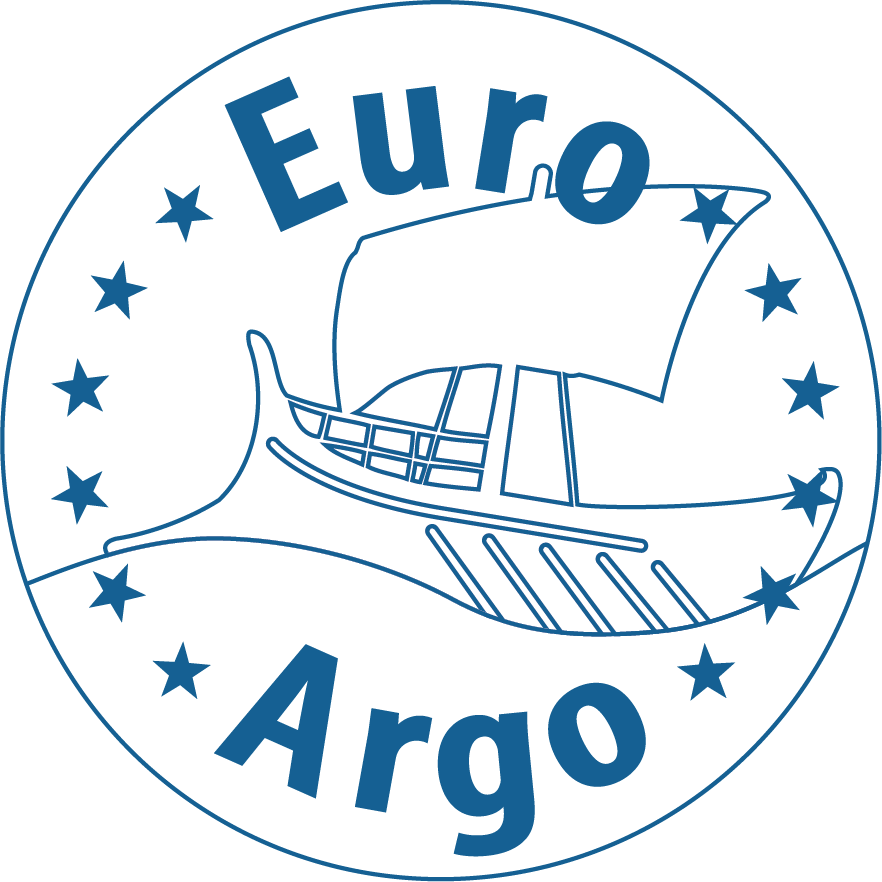
Euro-Argo ERIC
Euro-Argo ERIC aims at developing a long-term, sustainable European contribution to the OneArgo global ocean monitoring network of profiling floats – measuring essential ocean variables, from the surface to the abyss – to better understand and predict the role of the ocean in the climate system and its health.
🌐 https://www.euro-argo.eu/
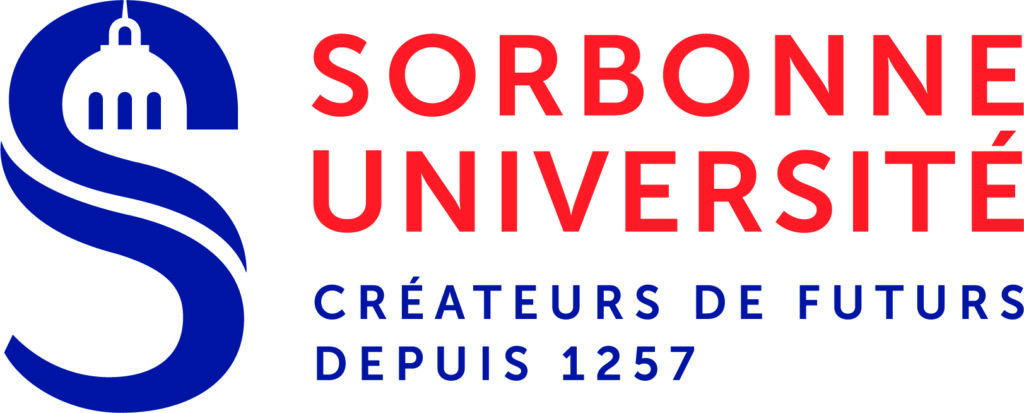
Sorbonne Universite
Sorbonne University is a multidisciplinary, research-intensive, world-class university. Located in the heart of Paris, with a regional presence, it is committed to the success of its students and to meeting the scientific challenges of the 21st century.
🌐 https://www.sorbonne-universite.fr/en
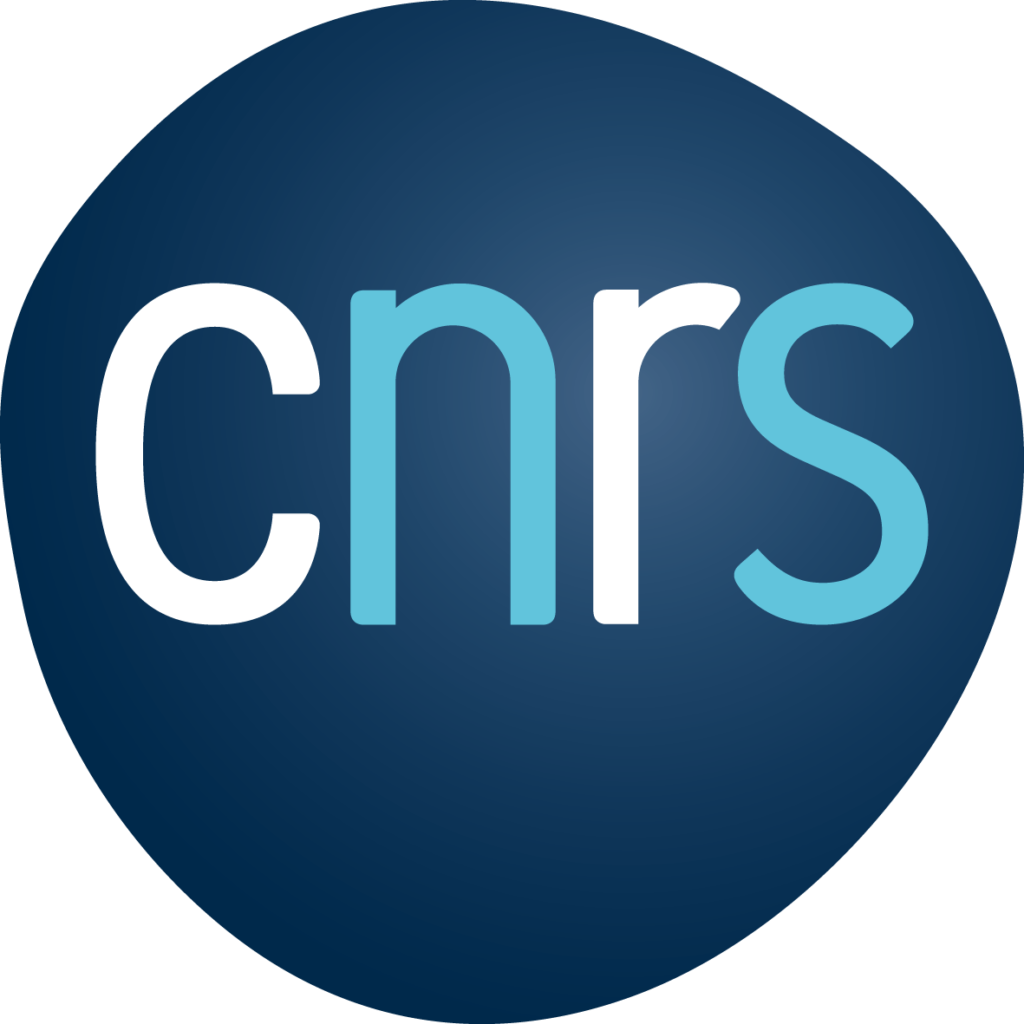
Centre National de la Recherche Scientifique CNRS (CNRS)
The French National Centre for Scientific Research is among the world’s leading research institutions. Its scientists explore the living world, matter, the Universe, and the functioning of human societies in order to meet the major challenges of today and tomorrow. Internationally recognised for the excellence of its scientific research, the CNRS is a reference in the world of research and development, as well as for the general public.

Norwegian Research Centre AS (NORCE)
NORCE is an independent research institute that conducts research for both public and private sectors, to facilitate informed and sustainable choices for the future. It delivers research and innovation in energy, health care, climate, the environment, society and technology.
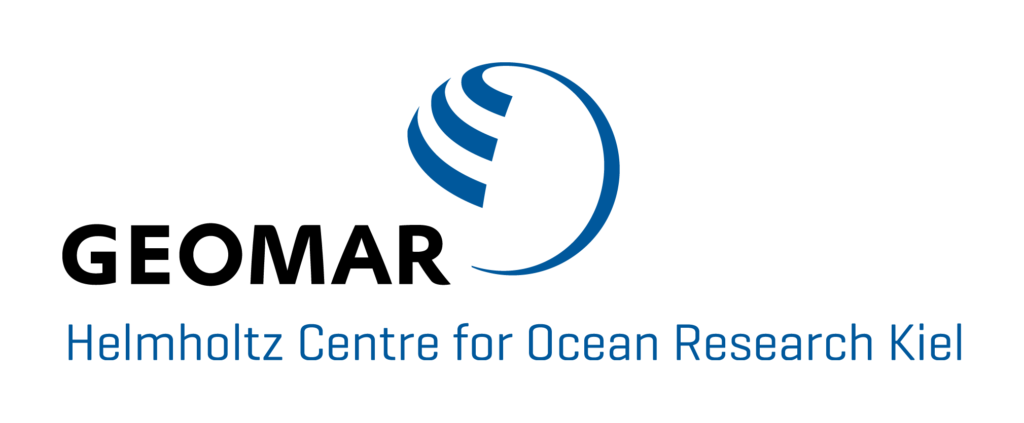
GEOMAR Helmholtz Centre for Ocean Research Kiel
GEOMAR Helmholtz Centre for Ocean Research Kiel is one of the world’s leading institutions in marine research. GEOMAR researches the global ocean from the seafloor to the atmosphere, covering a unique spectrum of physical, chemical, biological and geological processes in the ocean.
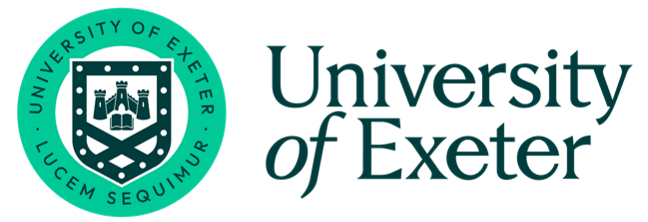
University of Exeter (UNEXE)
University of Exeter combines teaching excellence and high levels of student satisfaction with world class research at their campuses in Exeter and Cornwall. It is a member of the Russell Group of leading research-intensive universities.

University of Bergen (UiB)
The University of Bergen (UiB) is an internationally recognised research university. Academic diversity and high quality are fundamental for us. UiB is the most cited university in Norway.
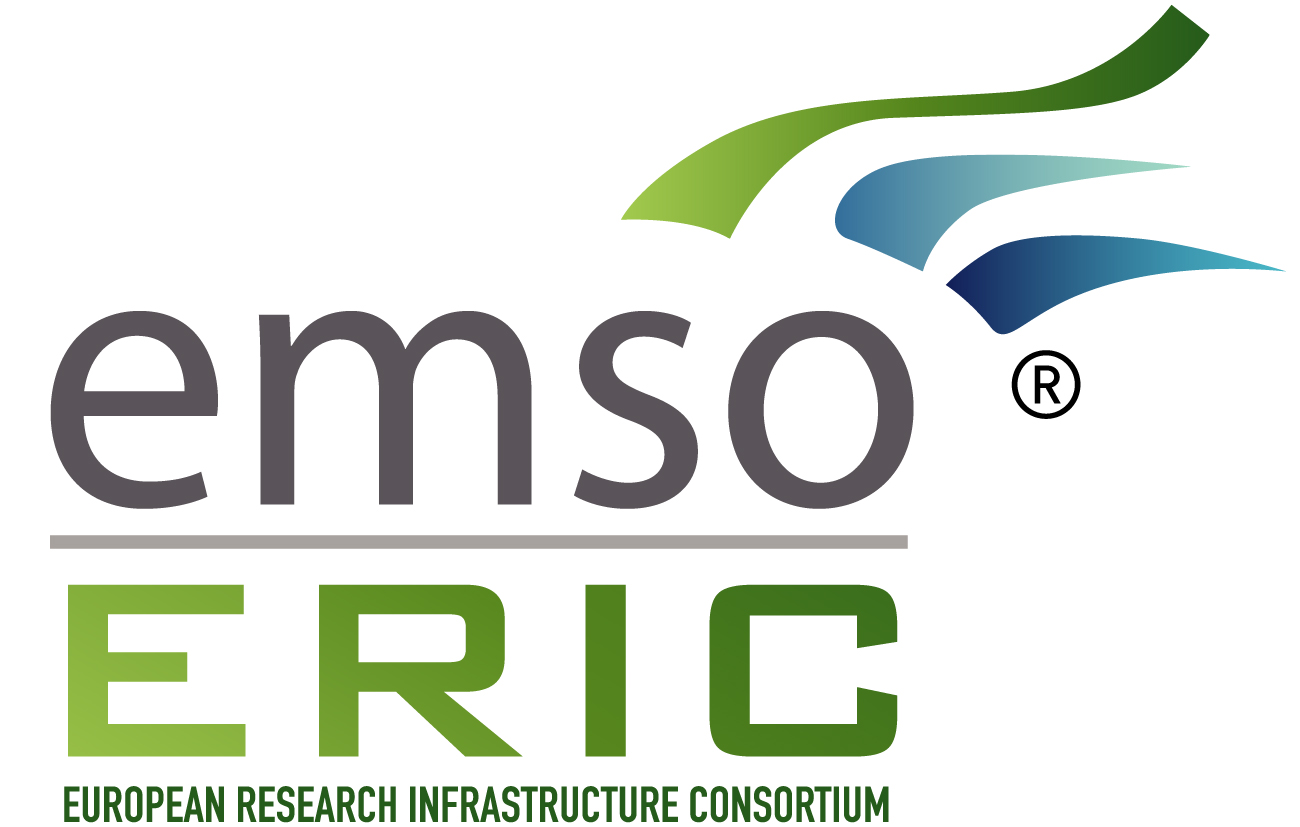
European Multidisciplinary Seafloor and Water Column Observatory – European Research Infrastructure Consortium (EMSO ERIC)
The European Multidisciplinary Seafloor and water column Observatory (EMSO) aims to explore the oceans, to gain a better understanding of phenomena happening within and below them, and to explain the critical role that these phenomena play in the broader Earth systems.

Universitat Politécnica de Catalunya (UPC)
The Universitat Politècnica de Catalunya · BarcelonaTech (UPC) is a public institution of research and higher education in the fields of engineering, architecture, sciences and technology, and one of the leading technical universities in Europe. Every year, more than 6,000 bachelor’s and master’s students, more than 231 doctoral students graduate and 3,591 graduates in lifelong learning. The UPC has a high graduate employment rate: 93% of its graduates are in work and 76% find a job in under three months. It is ranked in the main international rankings.

Istituto Nazionale di Geofisica e Vulcanologia (INGV)
The Istituto Nazionale Geofisica e Vulcanologia (INGV) is the largest research institute for geophysics and volcanology in Italy. The INGV includes numerous laboratory infrastructures, mainly devoted to the study of geophysical and volcanological processes in the frame of the following experimental research activities: (1) petrology and volcanology, (2) rock mechanics, (3) analogue modelling, and (4) analytical observations.

Marine Institute
The Marine Institute is the State agency responsible for marine research, technology development and innovation in Ireland. It provides scientific and technical advice to Government to help inform policy and to support the sustainable development of Ireland’s marine resource.
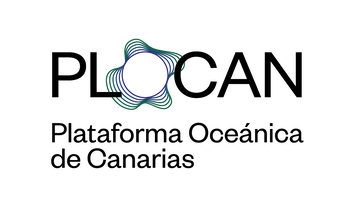
Consorcio para el diseño, construcción, equipamiento y explotación de la Plataforma Oceánica de Canarias (PLOCAN)
The Oceanic Platform of the Canary Islands (PLOCAN) provides a cost-effective combination of services, including housing, operations, data and access to the multipurpose offshore platform, observatories and test bed facilities, that address upcoming ocean science challenges and socio-economic needs.
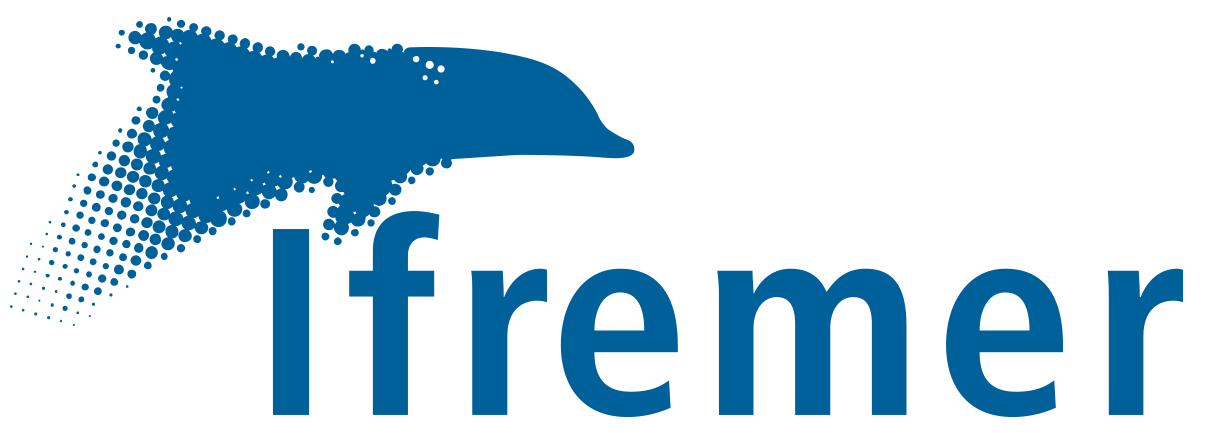
Institut Français de Recherche pour l’Exploitation de la Mer (IFREMER)
A pioneer in ocean science, IFREMER’s cutting-edge research is grounded in sustainable development and open science. Their vision is to advance science, expertise and innovation to 1) Protect and restore the ocean, 2) Sustainably use marine resources to benefit society, and 3) Create and share ocean data, information & knowledge.
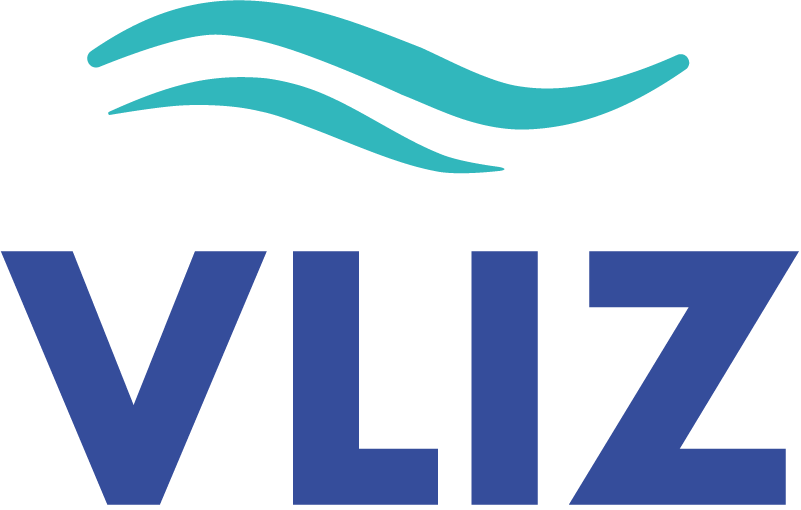
Vlaams Instituut voor de Zee (VLIZ)
The Flemish Institute for the Sea (VLIZ) conducts marine research to detect changes, analyse problems and propose solutions. To this end, the VLIZ uses new technologies, such as robotics, and focuses on innovation and valorisation. Research areas include the ocean and seas, coasts and tidal systems as well as all areas where Flemish marine scientists are or were active.

SOCIB – Consorcio para el diseño, construcción, equipamiento y explotación del Sistema de Observación Costero de las Illes Balears (SOCIB)
The Balearic Islands Coastal Observing and Forecasting System (SOCIB) operates an observation and forecasting system that continuously monitors the western Mediterranean, collecting data through multiple platforms, providing access to marine data and providing scientific facilities for the scientific, technological, and industrial communities.

Clearwater Sensors Ltd
ClearWater Sensors provide precision submersible chemical sensors for scientific, industrial, and environmental monitoring applications.

Nke Instrumentation
Nke Instrumentation designs, manufactures and sells instruments for the measurement and the monitoring of oceans and fresh waters.
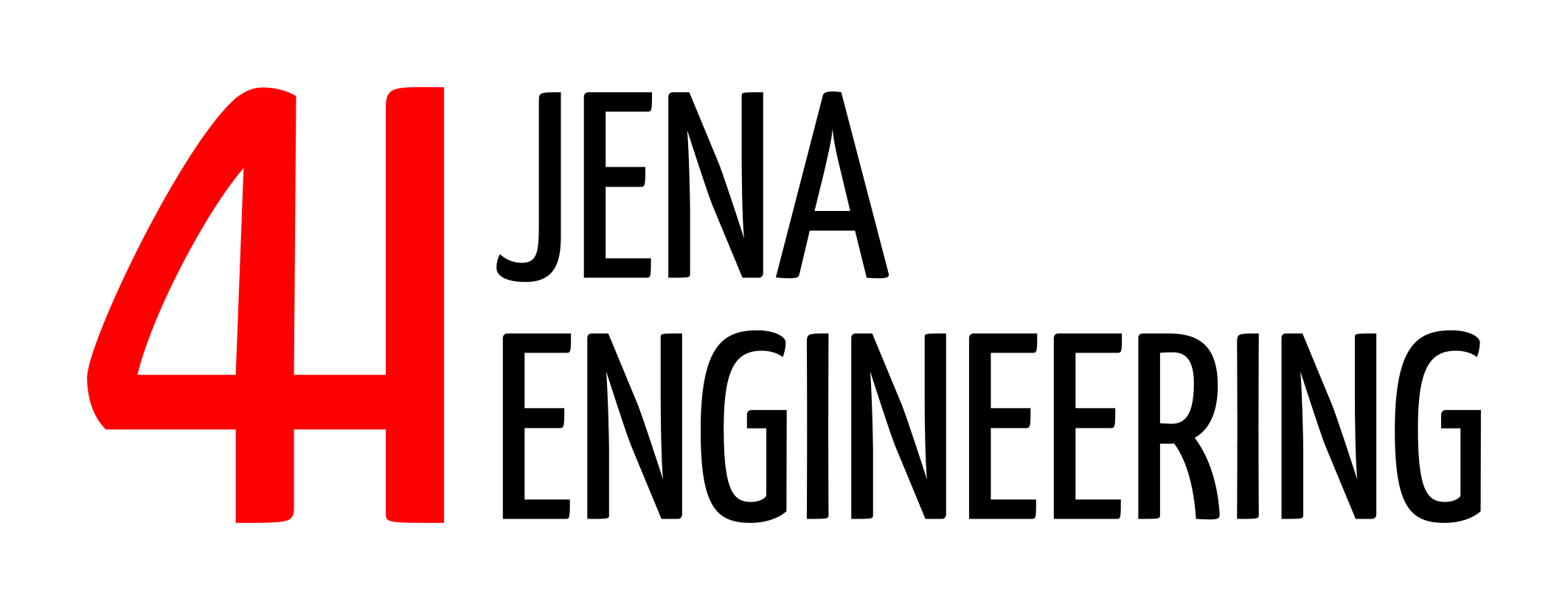
4H-JENA engineering
4H-JENA engineering develops and manufactures measurement technology and related services, including optical instruments, underwater measurements and the reconstruction of historical astronomical devices.
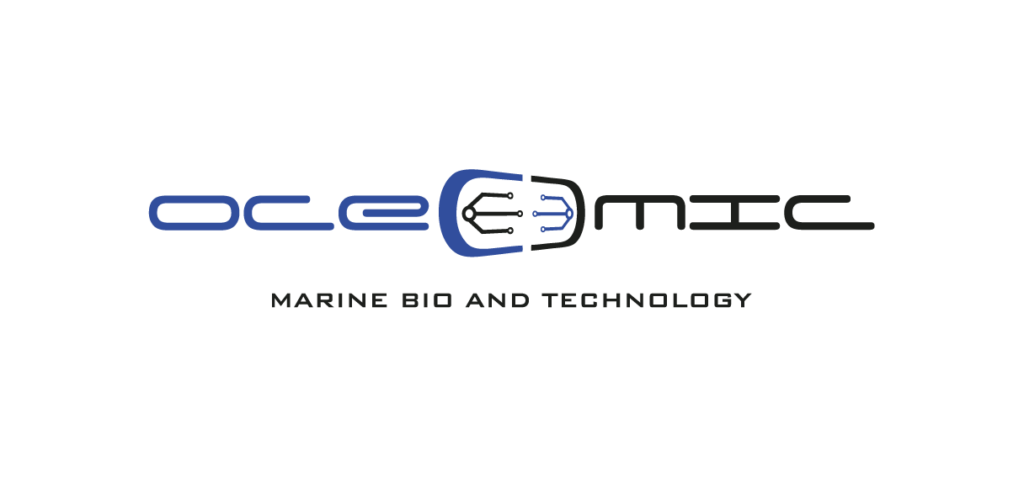
OCEOMIC, Marine Bio and Technology S.L.
OCEOMIC is a young company that develops, manufactures and markets innovative equipments for marine sciences and biotechnology, as well as specialized services in these areas. The value of our products lies in their design by scientists through the state-of-the-art-advances.

WSense
WSense is a deep-tech company, born as a spinoff of Sapienza University in Rome, specialised in underwater monitoring and communication systems, based on patented technologies that have pioneered the Internet of Underwater Things (IoUT).
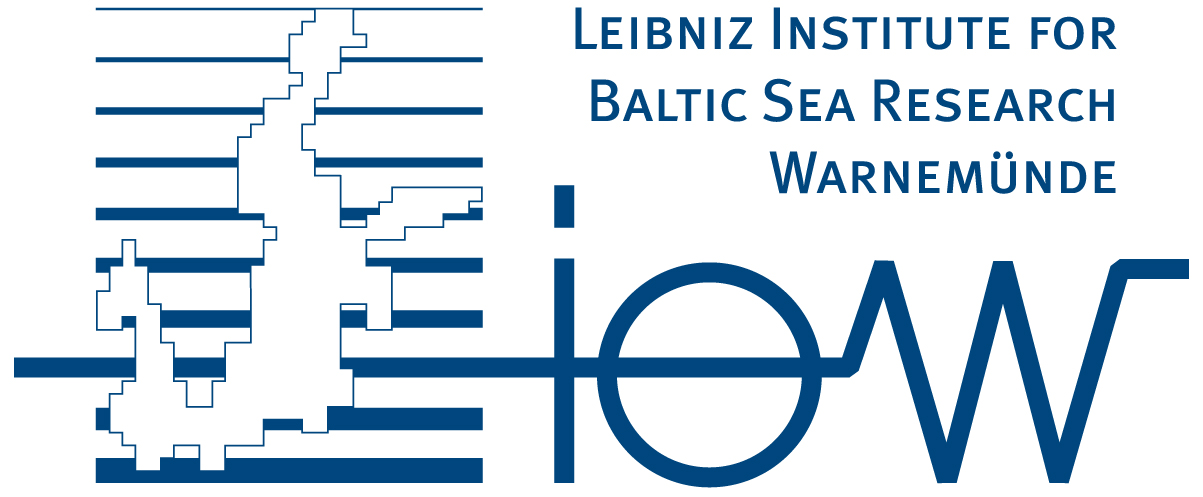
Leibniz-Institut für Ostseeforschung Warnemünde (IOW)
The Leibniz Institute for Baltic Sea Research Warnemünde (IOW) is a non-university marine research institute. In its four departments, the basic disciplines of marine research are represented. Its research programme is directed towards coastal and marginal seas with a special focus on the Baltic Sea ecosystem.
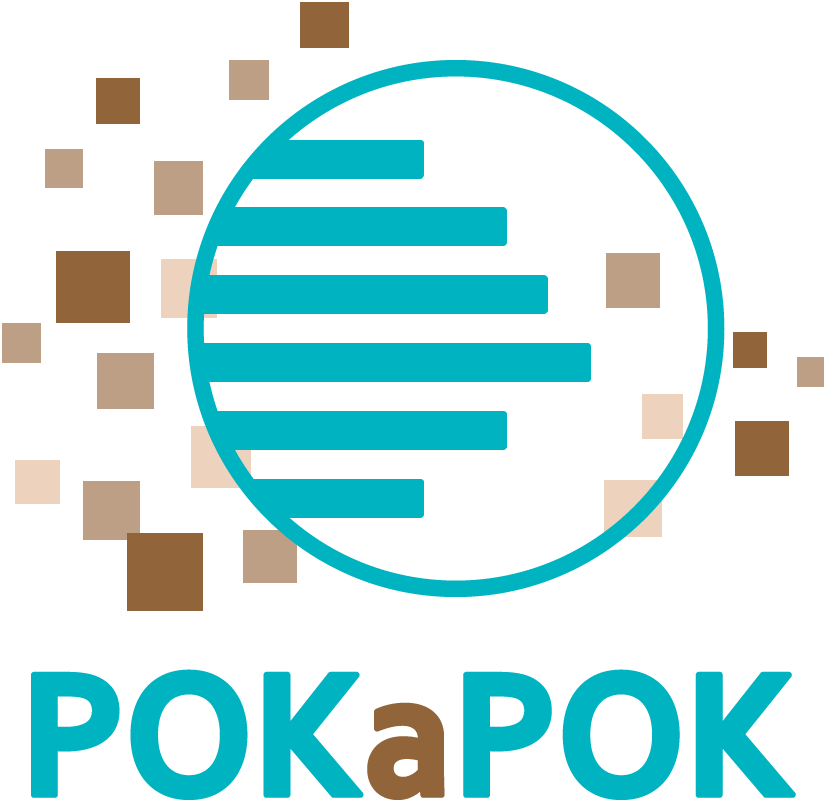
POKaPOK
POKaPOK is a cooperative society and participative society (SCOP). Its expertise lies in data management, treatment and analysis and focusing on earth system topics. Their team gathers computer scientists, physicists, biogeochemists and biologists with experience in both oceanography and atmospheric sciences.
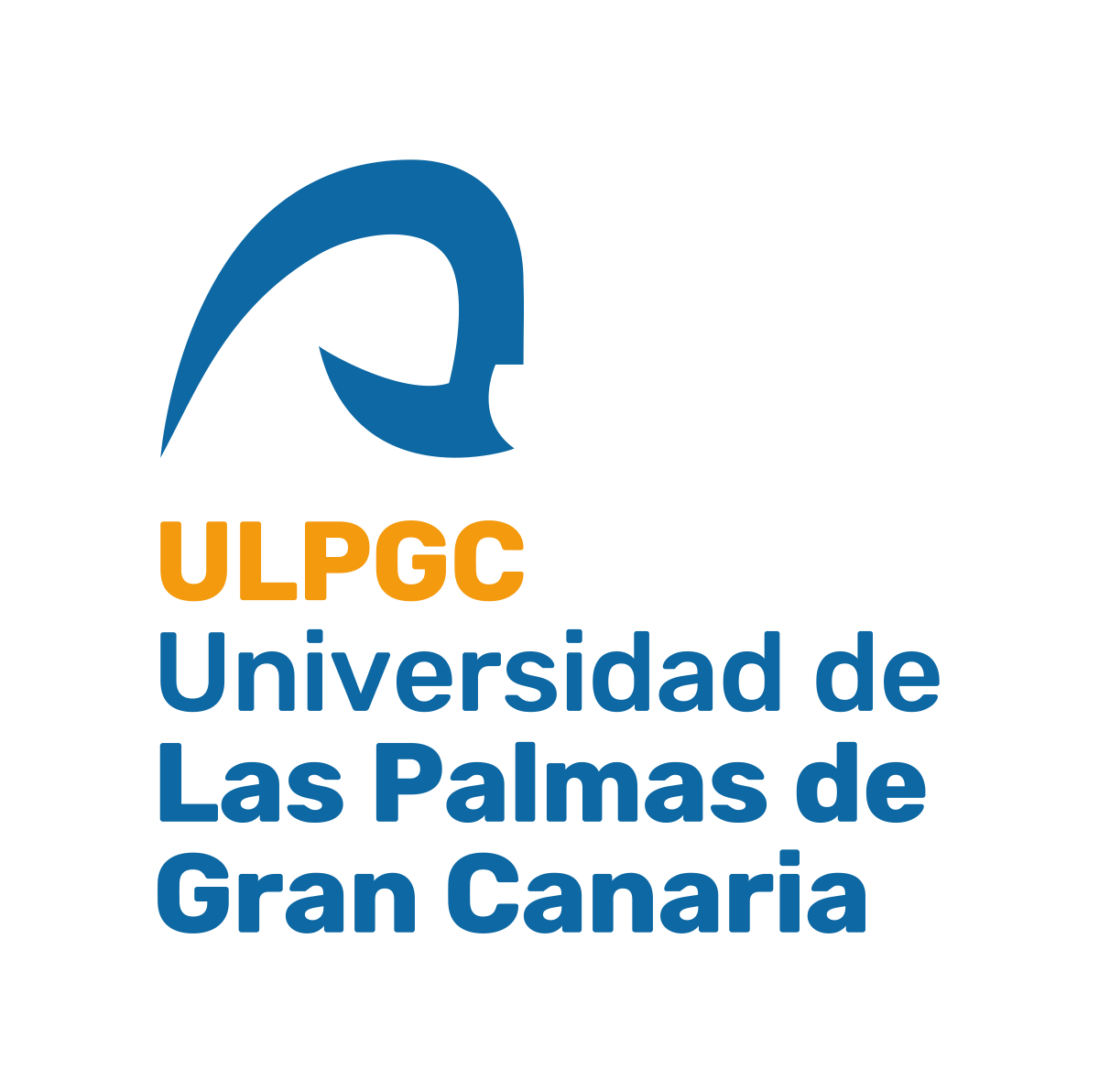
Universidad de las Palmas de Gran Canaria (ULPGC)
The University of Las Palmas de Gran Canaria, also known as the ULPGC (in Spanish Universidad de Las Palmas de Gran Canaria) is a Spanish university located in Las Palmas de Gran Canaria, the capital city of Gran Canaria island. It consists of six campuses: four in Gran Canaria (Tafira, Obelisco, San Cristóbal and Montaña Cardones), one on the island of Fuerteventura and one in the island of Lanzarote, with Tafira being the largest and most important.
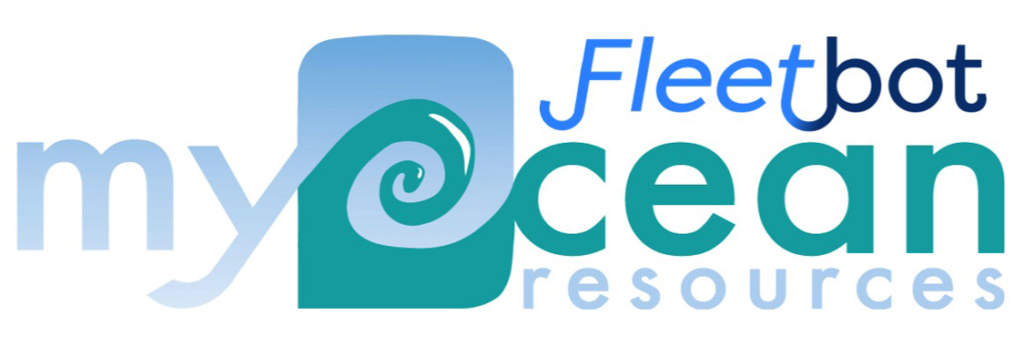
MyOcean Resources Ltd
MyOcean Resources is an ideas company that specialises in the Marine Science field. It’s purpose is to try and address some of the pressing challenges that face the Marine environment. It’s aspiration is to make the world a better place through the greater and better use of the Ocean’s resources.
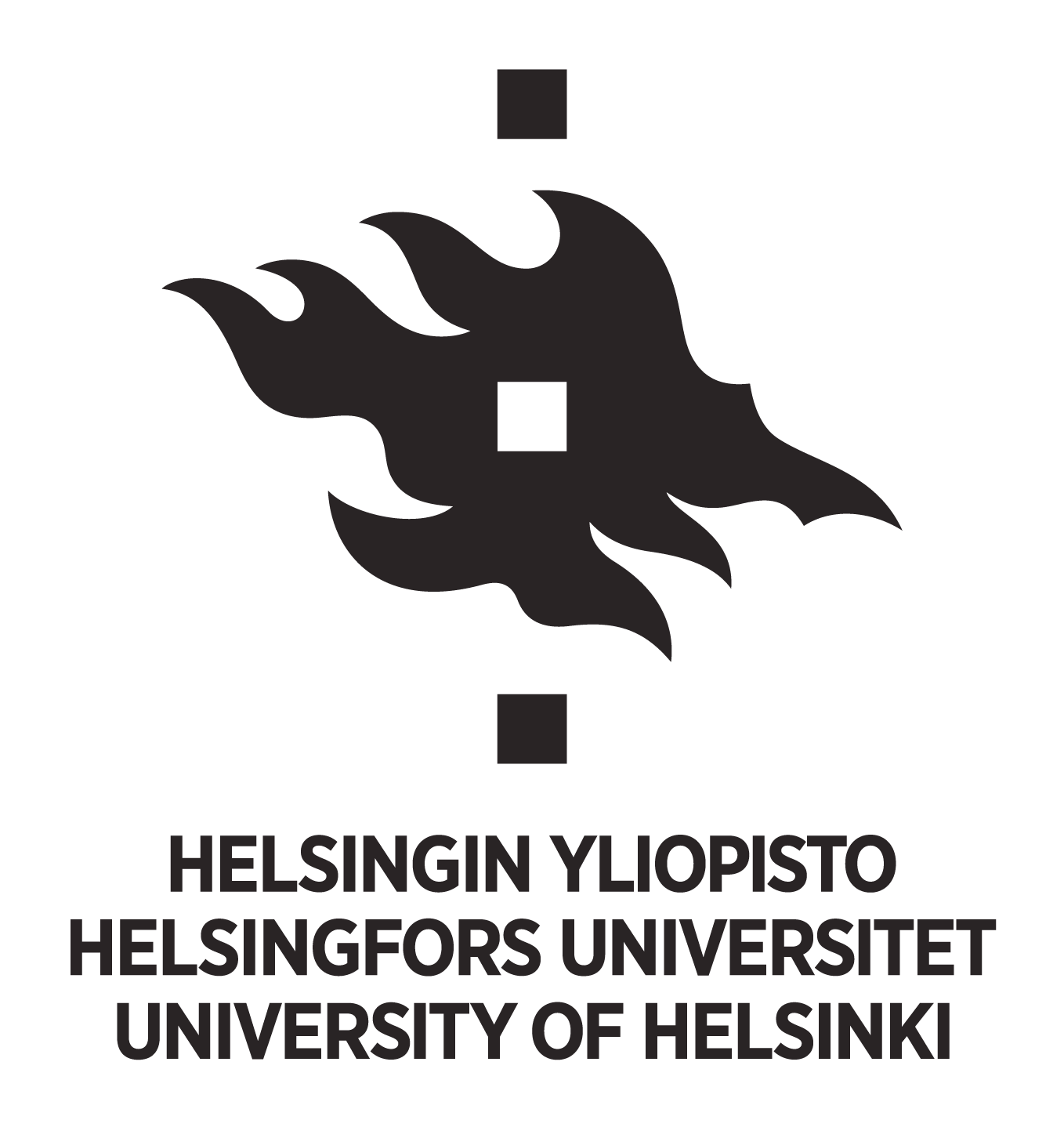
University of Helsinki
The University of Helsinki is Finland’s largest and oldest academic institution and an innovative centre of science and thinking. Since 1640, it has contributed to the establishment of a fair and equal society that is considered one of the best in the world. Today, their multidisciplinary academic community solves problems that affect us all – with the power of knowledge, for the world.

Offshore Sensing
Offshore Sensing AS was established in 2014 as a spin-off from Christian Michelsen Research. The technology was developed at CMR since 2005 and is now available as a commercial product. Offshore Sensing’s purpose is to develop, produce and sell Sailbuoys for various applications.
